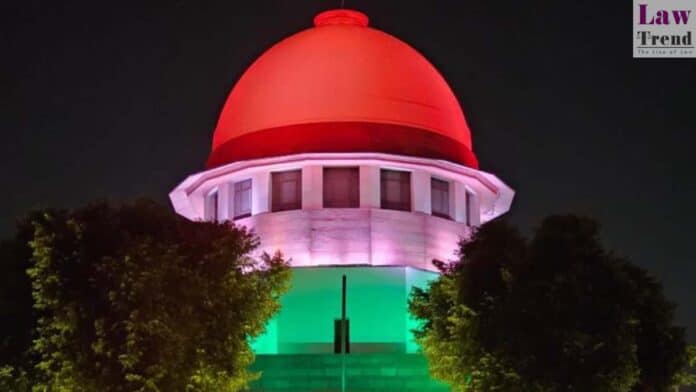In a major relief to daily commuters, the Supreme Court on Friday dismissed a plea by Noida Toll Bridge Company Ltd (NTBCL) seeking a review of its earlier judgment declaring the Delhi-Noida-Direct (DND) flyway toll-free.
A bench comprising Justices Surya Kant and N Kotiswar Singh refused to revisit its December 20, 2024, verdict, in which it upheld the Allahabad High Court’s 2016 order asking NTBCL to stop collecting toll from commuters. The apex court had then held that the company had already recovered the full cost of the project along with substantial profits, making continued toll collection unjustified.
During Friday’s hearing, NTBCL’s counsel pointed to certain favourable observations in the CAG (Comptroller and Auditor General) report that were allegedly not reflected in the judgment. However, the bench was unpersuaded, with Justice Kant remarking that the company had already “minted a lot of money.”
The court also addressed a separate plea by Pradeep Puri, a senior NTBCL official, seeking deletion or clarification of a paragraph in the December verdict that reportedly made personal remarks based on the CAG’s findings. The bench agreed to reproduce the relevant portion of the CAG report and consider if the observations could be clarified, noting that no personal comments were made in the audit document.
The Supreme Court’s original verdict had strongly criticized the actions of NOIDA Authority and both the Uttar Pradesh and Delhi governments, calling the misuse of power and breach of public trust “profoundly shocking.”
Highlighting the financial status of NTBCL, the court had observed:
“NTBCL has recovered the project costs and substantial profits, eliminating any justification for the continued imposition or collection of user fees or tolls.”
Referring to the CAG report, the court noted that between 2001 and 2016, NTBCL earned Rs 892.51 crore in toll income, paid out dividends worth Rs 243.07 crore to shareholders, and had no accumulated losses or pending debts as of March 31, 2016.
The apex court reiterated that no entity should be allowed to reap undue and unjust profit from public infrastructure at the expense of the common citizen, especially when statutory bodies such as NOIDA had overstepped their authority in delegating fee-levying powers to a private company.




